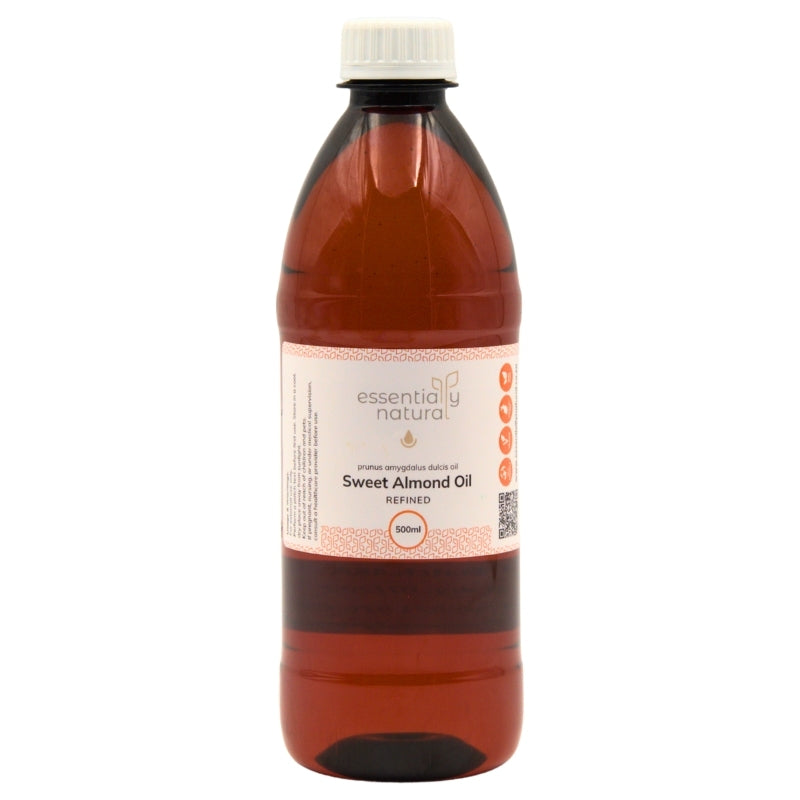
How To Make Oil Macerations
Juliette van der MeerBotanical extracts are fascinating for several reasons, that's why we're excited to kick off a new blog series all about them: Botanical Extracts!
Unfortunately, natural botanical extracts are hard to find in South Africa. Luckily there are a few ways to produce botanical extracts at home. In this new blog series, we will discover the various ways you can make your own extracts with natural ingredients as solvents.
We have discussed water-based botanical infusions to some degree in the shampoo and hair care blogs, but we'll come back to those at a later point. To start we're going to go back to the OG of botanical extracts: oil macerations.
What is an Oil Maceration?
Oil macerations or infused oils, are oils that have been used as solvents to extract the therapeutic properties of botanicals. They are simple to make and there are endless variations. Let's dive in.
Choosing Your Ingredients
Oil macerations are delightfully simple: all you need is an oil, botanicals and a glass jar.
Botanicals
Only use dried botanicals to eliminate the risk of bacteria from fresh botanicals which still have a high water content.
If you are using botanicals from your garden, make sure to properly dry them before use.
You can use any botanical you like - this is the beauty of botanical extracts! Choose botanicals that are suited to your needs or wants in your products.
Chop up your dried botanicals as finely as possible. This will help the oil penetrate further and absorb more of the properties of the plant.
Tips for Selecting your Oil
To choose an oil, start by considering what you plan to do with it. Is it going in a facial serum or a soap, an oil-based product like a lip balm, or a lotion? Assess your needs and what type of oil you would usually use in those circumstances.
- Use good quality cold-pressed oils like olive, sunflower, sweet almond or even jojoba. Rice bran, macadamia, baobab and castor oil (think how divine an infused castor oil in a lip gloss would be!) are other excellent options depending on what you plan to use your maceration for.
- Go for oils that are neutral in scent otherwise the inherent scent of the oil may overwhelm the properties of the botanicals.
- Be aware of the colour of your oil and the colour of your botanicals. The green colour of avocado oil may not be the best option if macerating brightly coloured petals for instance.
- How much oil you use is of course up to you. There isn't a set ratio of oil to botanicals to use, just make sure there is enough oil to sufficiently cover the botanicals.
- Lastly, blend in 0.1 - 0.5% Vitamin E tocopherol to your oil as an antioxidant. This will help protect the oil from any oxidation and will extend its shelf life.





















2 comments
Hi Roslyn, that’s wonderful to hear – your products sound incredible!
Thank you for a such a rich, informative website and beautiful products . I’ve just made my first cuticle oil using a calendula infused blend of oils and have also started lemon and rose infusions for future use. Planning to make a lavender infusion too. I sourced everything from your site and everything is such quality.